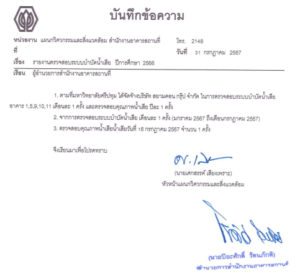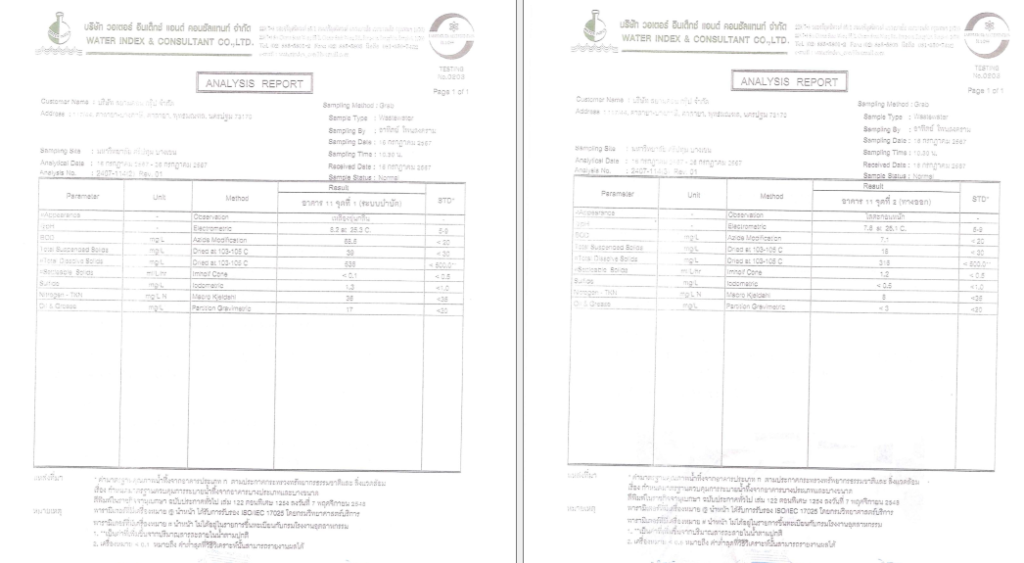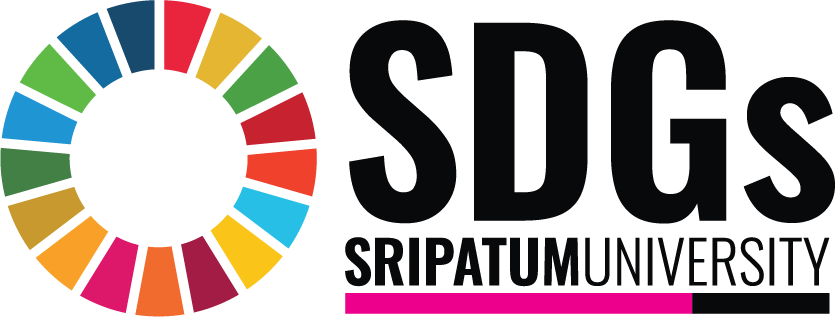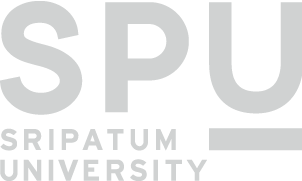Sripatum University (SPU) has taken significant steps in wastewater treatment, aligning its practices with the United Nations Sustainable Development Goals (SDGs) to promote sustainable water management. This initiative primarily addresses SDG 6: Clean Water and Sanitation by ensuring efficient wastewater treatment across all campus buildings. Furthermore, it contributes to SDG 11: Sustainable Cities and Communities by mitigating environmental impact and SDG 12: Responsible Consumption and Production by optimizing water use and recycling on campus.

The wastewater treatment process at SPU involves advanced systems installed across all university buildings to treat wastewater before it enters public sewers. These systems include preliminary treatment stages, such as sediment and dirt filtration, and advanced treatment processes using biological and chemical technologies. The Office of Facilities oversees this process, conducting regular inspections and ensuring compliance with environmental standards. This approach not only enhances the quality of water in nearby communities but also supports resource conservation through water recycling for various university activities.

The positive environmental impact of SPU’s wastewater treatment system exemplifies the university’s dedication to sustainable practices. By prioritizing clean water management, pollution reduction, and resource efficiency, SPU not only supports the SDGs but also contributes to the well-being of the community and the environment.
Sripatum University’s commitment to wastewater management reflects its broader mission to support sustainable development through responsible resource use and environmental protection, reinforcing its role as a responsible educational institution dedicated to the global SDGs.
Document :
- SPU Water Treatment Report : Water treatment report
โครงการบำบัดน้ำเสียของมหาวิทยาลัยศรีปทุมส่งเสริมการจัดการทรัพยากรน้ำอย่างยั่งยืน
มหาวิทยาลัยศรีปทุม (SPU) ได้ดำเนินโครงการบำบัดน้ำเสียเพื่อการจัดการน้ำอย่างยั่งยืนสอดคล้องกับเป้าหมายการพัฒนาที่ยั่งยืน (SDGs) ขององค์การสหประชาชาติ โดยมุ่งเน้นเป้าหมายที่ 6 “การจัดการทรัพยากรน้ำและสุขาภิบาลอย่างยั่งยืน” ด้วยการบำบัดน้ำเสียที่มีประสิทธิภาพในทุกอาคารของมหาวิทยาลัย นอกจากนี้ยังสนับสนุนเป้าหมายที่ 11 “การสร้างเมืองและชุมชนที่ยั่งยืน” โดยการลดผลกระทบต่อสิ่งแวดล้อม และเป้าหมายที่ 12 “การบริโภคและการผลิตอย่างยั่งยืน” โดยการใช้น้ำอย่างมีประสิทธิภาพและการนำน้ำกลับมาใช้ใหม่
กระบวนการบำบัดน้ำเสียที่ SPU มีการติดตั้งระบบบำบัดในทุกอาคารเพื่อบำบัดน้ำเสียก่อนที่จะปล่อยลงสู่ท่อสาธารณะ โดยประกอบด้วยการบำบัดขั้นต้น เช่น การกรองตะกอนและสิ่งสกปรก และการบำบัดขั้นสูงโดยใช้เทคโนโลยีชีวภาพและเคมี สำนักงานอาคารสถานที่มีหน้าที่ควบคุมกระบวนการนี้ โดยการตรวจสอบเป็นประจำและการรักษามาตรฐานสิ่งแวดล้อมเพื่อให้มั่นใจว่าน้ำที่ปล่อยออกมามีคุณภาพ อีกทั้งยังส่งเสริมการอนุรักษ์ทรัพยากรน้ำโดยการนำน้ำที่ผ่านการบำบัดกลับมาใช้ในกิจกรรมต่าง ๆ ภายในมหาวิทยาลัย
ระบบบำบัดน้ำเสียของมหาวิทยาลัยศรีปทุมแสดงถึงความมุ่งมั่นในการสนับสนุนการพัฒนาที่ยั่งยืน โดยการจัดการน้ำอย่างมีประสิทธิภาพ ช่วยลดมลพิษ และใช้ทรัพยากรอย่างมีคุณค่า ซึ่งส่งเสริมคุณภาพชีวิตของชุมชนและสิ่งแวดล้อม


